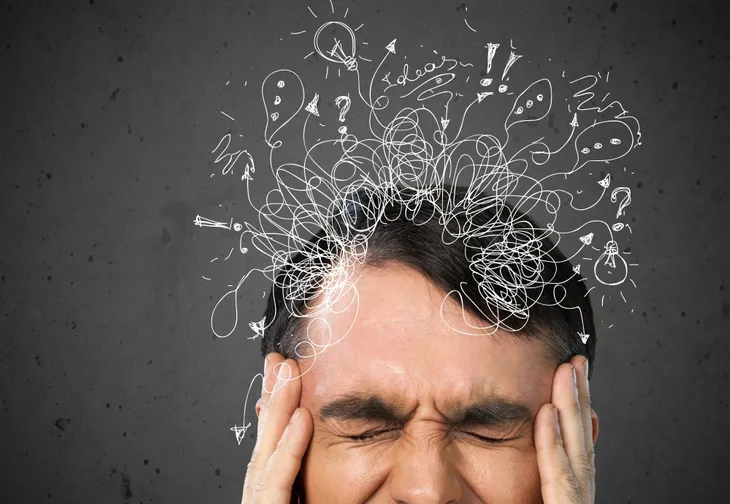Many people suffer from atrial fibrillation (commonly referred to as just AFib). But, what is it? The Mayo Clinic explains that it is an irregular heartbeat (the top chambers of the heart [atria] are out of sync with the lower chambers of the heart [ventricles]), which can actually increase your risk of heart failure and stroke.
While this condition can be temporary, it can lead to serious complications as already mentioned. If you’ve got chronic Afib, here are six lifestyle tips so you don’t miss a beat…
Get Your Vitamin K
You might not look for Vitamin K content on foods that you shop for at the grocery store, but it’s a thing and it helps your blood clot so you don’t bleed excessively when you get a cut, explains WebMD.
However, the site also warns that since Vitamin K is an essential blood-clotting agent, you should be wary if you’re on blood thinners that contain warfarin (Coumadin). Excessive intake of vitamin K has the potential to make blood thinners, such as warfarin, less effective. Foods rich in Vitamin K include leafy greens, Brussels sprouts, and cauliflower. You’ll find smaller amounts in fish, meat, and eggs.
Do Proper Exercises
Healthline.com has a handy guide to exercises to try if you’ve got AFib, as there are good and bad activities for the condition. We’ll focus on the good first. The source notes that power walking, hiking, and jogging are safe and lifting light weights “can help you build muscle tone and strength without overloading your muscles or straining your heart.” Start with 5 or 10-minute workout sessions and work your way up.
Keep in mind you should be properly hydrated and stretch before performing these exercises. Meanwhile, you should avoid any high-impact activities and those that have a higher risk of injury such as skiing and mountain biking (if you’re on blood thinners), explains the source. Consult a doctor if you want to lift heavier weights.
Trim Down
Lifescript.com explains that there’s a good chance you’re overweight or have high blood pressure (hypertension) if you also suffer from AFib. “If you’re overweight or obese when diagnosed with atrial fibrillation, your plan for lowering your stroke risk starts with losing weight,” notes the article.
Luckily, the article also lists 13 ways to safely lose weight to help lower the risk of stroke. However, don’t just start shedding pounds arbitrarily. Talk to your doctor first to determine an ideal target weight. Hiring a dietician is also a good plan. Of course, the exercises we’ve already covered won’t hurt either.
Quit Smoking
Yeah, yeah, you’ve heard it all before, but WebMD says that the nicotine in cigarettes (the ingredient that makes you want more cigarettes) can be especially bad for this condition. Smoking also damages blood vessels and increases your risk of a heart attack and stroke.
The source recommends consulting a medical professional to quit smoking for good, because you probably already know it’s not easy to kick the habit. Don’t be afraid to ask for help or seek out approved nicotine replacements to help you on your path.
Manage Stress
If you’re taking too much of life to heart, it’s time to start figuring out ways to manage stress so you don’t aggravate your AFib. “A growing body of research suggests the wear and tear of stress can also affect your heart,” notes EverydayHealth.com, citing information from the American Psychological Association.
The source continues by explaining that stress itself is not a risk factor for the development of AFib, but it can be a trigger if you already have the condition. Instead of self-medicating with alcohol and cigarettes, which can put more strain on your heart, try joining a support group, practicing yoga, or learning some effective breathing exercises.
Get More Sleep
If the thought of having a heart condition is keeping you up at night, not getting enough sleep can be a negative factor when you have AFib. However, it’s not just about going to bed earlier, as there could be some other underlying health problems to investigate, explains WebMD.
The source explains that adults need about 7 to 9-hours of sleep per night to be properly rested. However, about 50-percent of patients with AFib also have sleep apnea, which causes breathing to stop temporarily and makes for restless nights. If you’re always waking up tired or your partner says you’re snoring a lot, then it’s time to visit your doctor and sort this out.









